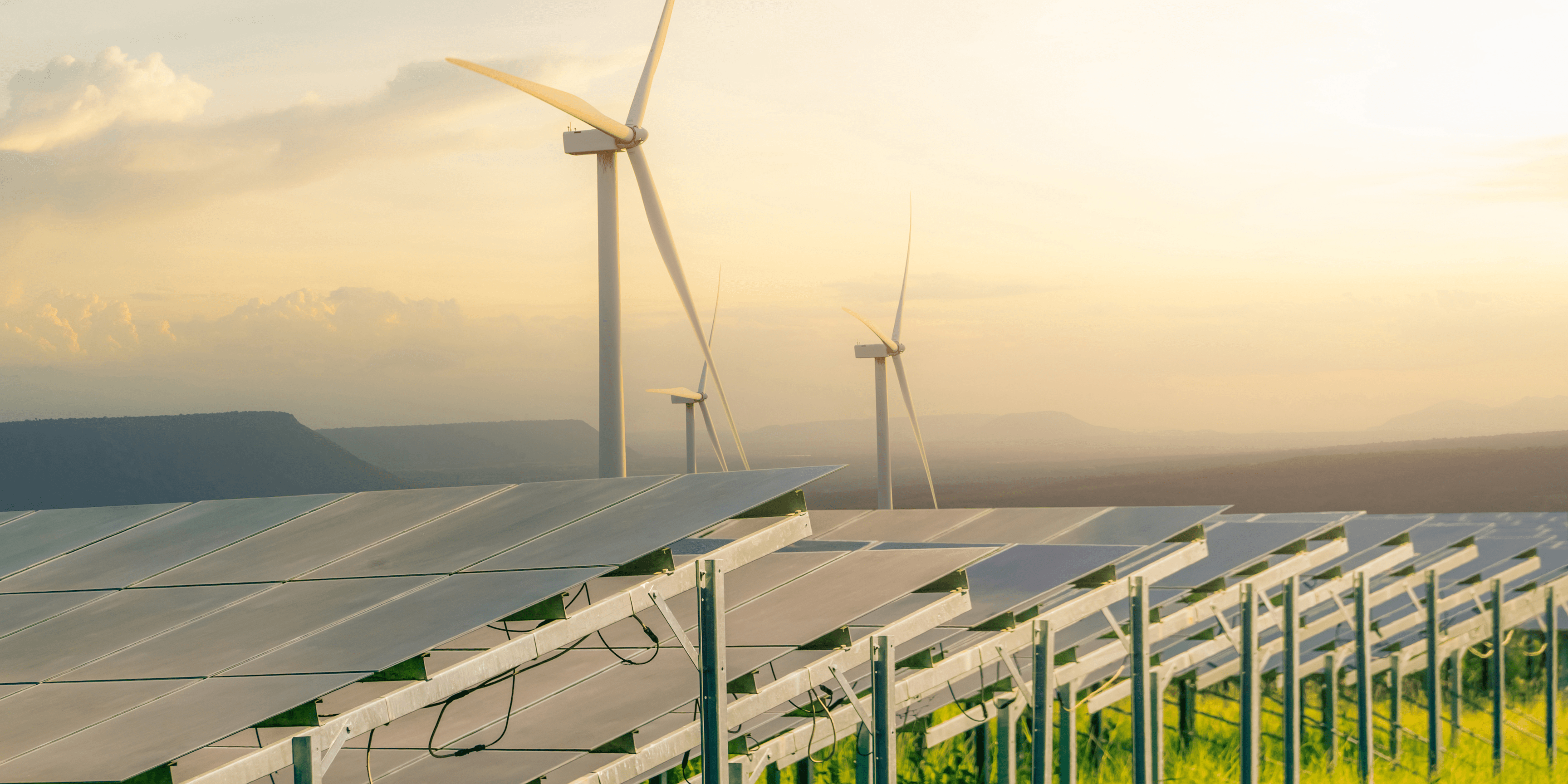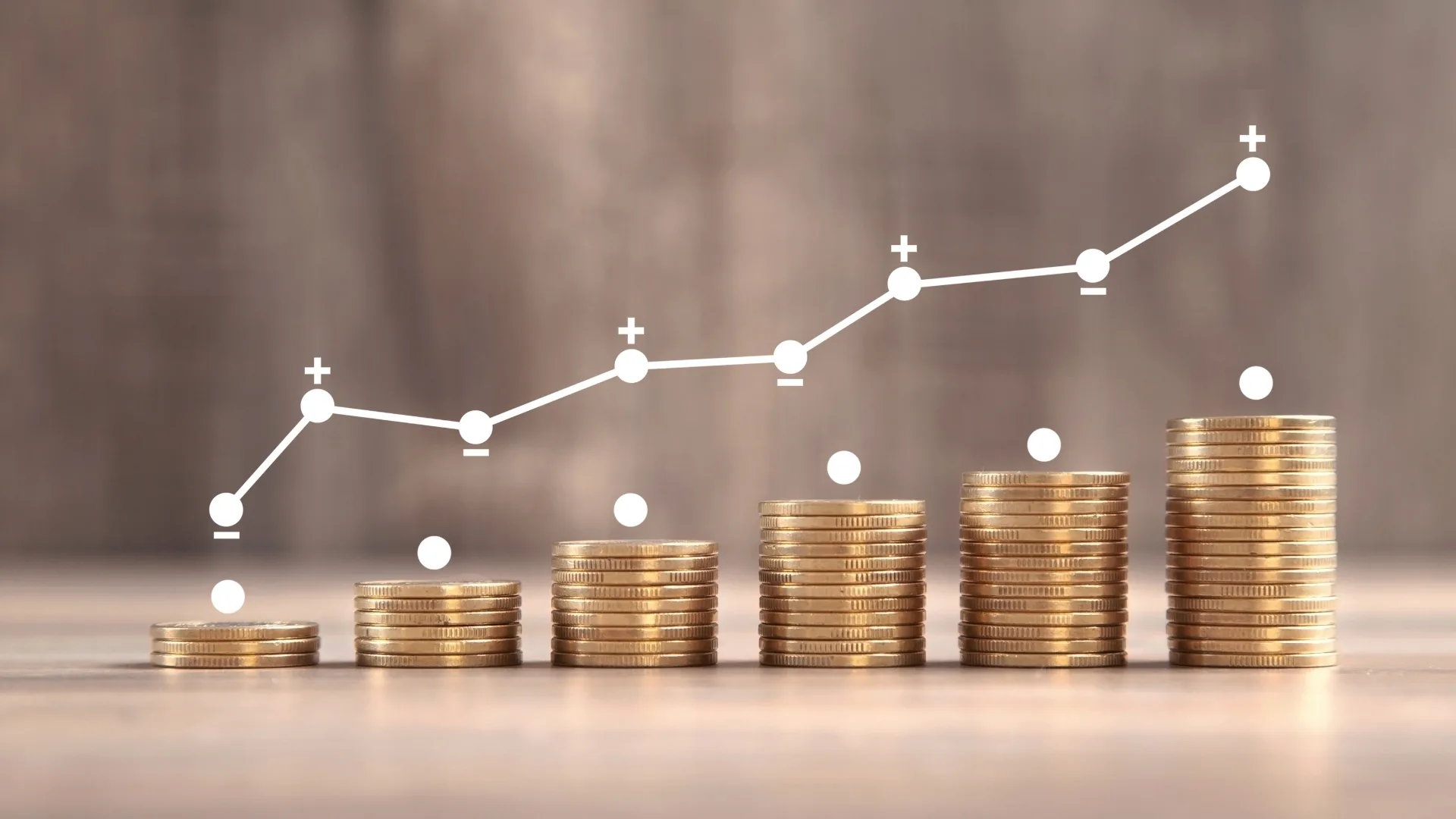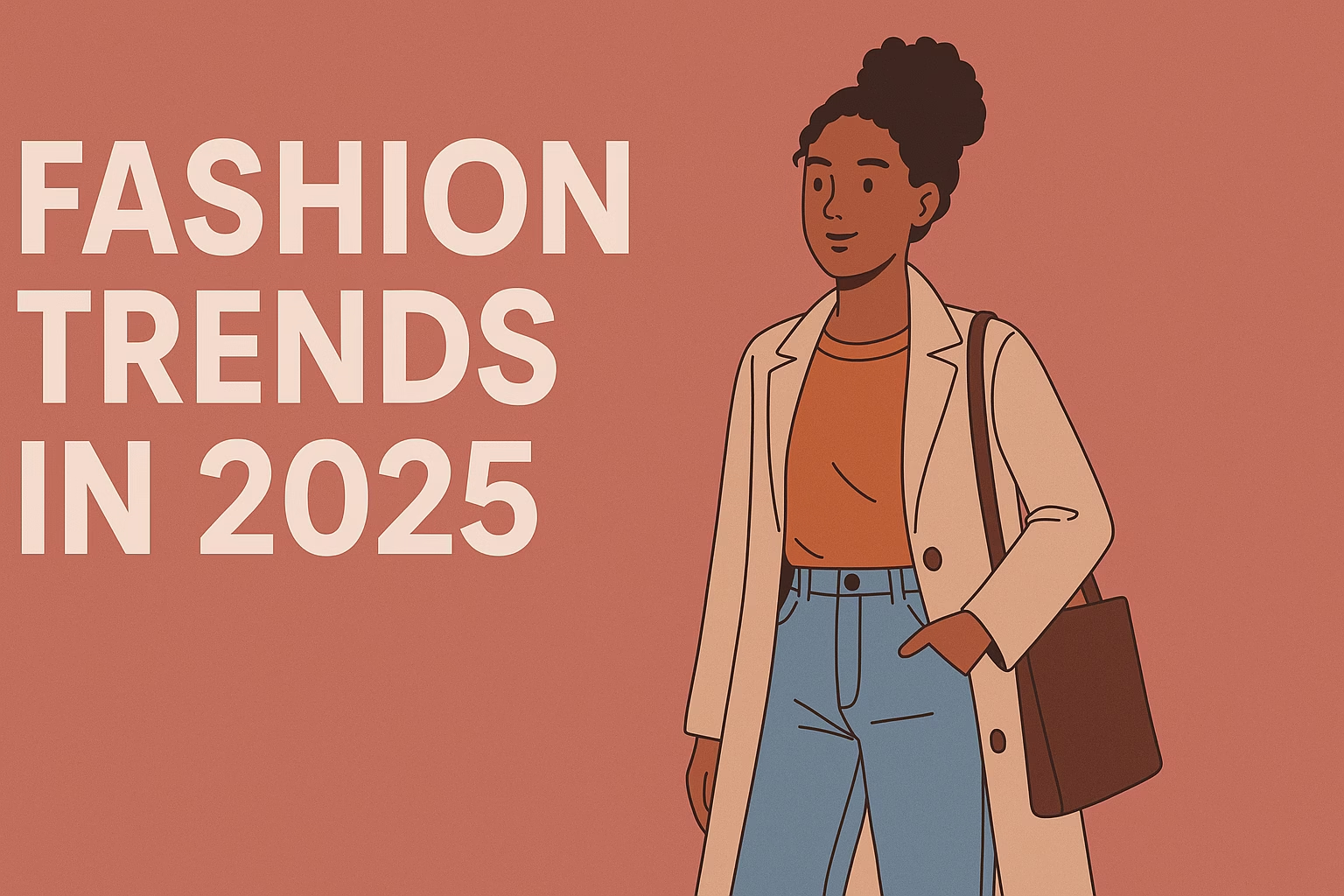
Sustainable development refers to a mode of development that meets the needs of the present without compromising the ability of future generations to meet their own needs. This concept emphasizes the interdependence between economic growth, environmental protection, and social equity. In other words, sustainable development aims to achieve a balance between economic progress, environmental responsibility, and social inclusivity to ensure a better quality of life for current and future generations.
The importance of sustainable development can be understood through several key aspects:

1. Environmental Preservation:
It recognizes the finite nature of natural resources and seeks to preserve them for future use. By adopting sustainable practices, we can reduce pollution, conserve biodiversity, and mitigate the impacts of climate change.
2. Economic Stability:
It promotes economic growth that is inclusive and does not deplete resources at a rate faster than they can be replenished. This includes investing in renewable energy, sustainable agriculture, and efficient resource management.
3. Social Equity:
It strives to ensure that economic and social progress benefits all segments of society, including marginalized and vulnerable groups. It promotes access to education, healthcare, and employment opportunities while reducing disparities and poverty.
4. Long-term Planning:
By considering the needs of future generations, it encourages long-term planning and decision-making. This involves policies that promote resilience to environmental changes and sustainable urban development.
5. Global Cooperation:
Many environmental challenges, such as climate change and biodiversity loss, require international cooperation. Sustainable development fosters global partnerships and agreements to address shared issues collectively.
6. Quality of Life:
Ultimately, sustainable development aims to improve the overall quality of life for people around the world by ensuring a healthy environment, vibrant communities, and economic prosperity without compromising the ability of future generations to do the same.
In summary, sustainable development is crucial for addressing global challenges and ensuring a harmonious relationship between humans and the planet. It seeks to strike a balance between economic growth, environmental protection, and social well-being to create a more sustainable and equitable world for current and future generations.









